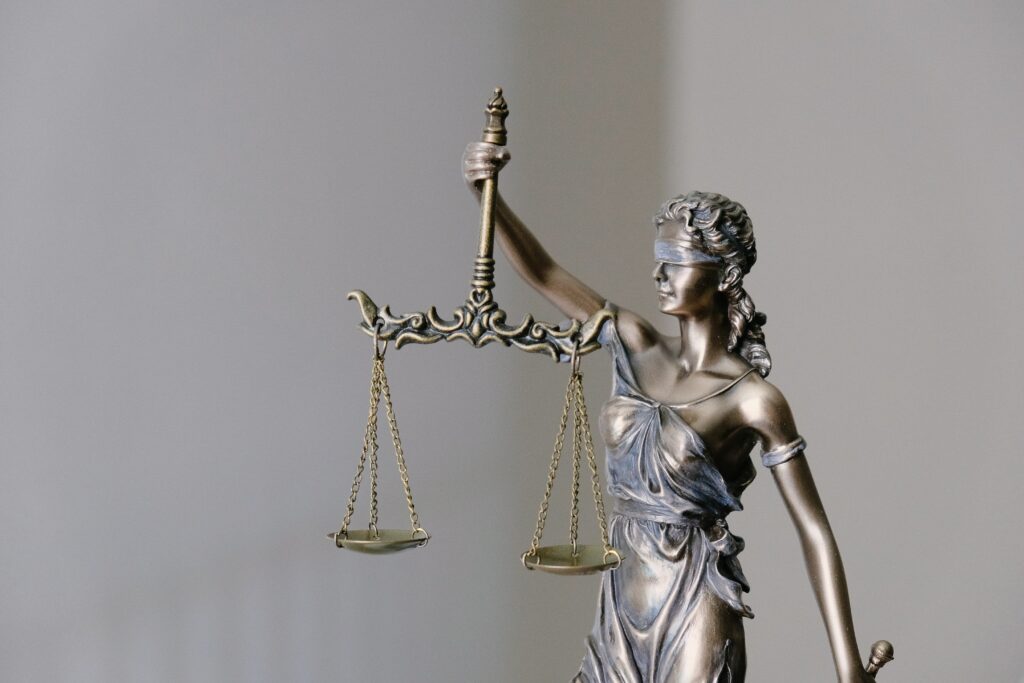Once probate has been granted, an executor possesses the legal authority to manage the deceased’s estate, meaning they can begin to assess assets and distribute the estate among the beneficiaries.
In the UK, receiving probate approval from the Probate Registry is currently taking anywhere from under a week to six months (depending on how you apply), but once probate has been granted, what happens next?
Among the most common questions we’re asked in relation to wills and probate, knowing what to do once probate is granted can help you to navigate the process more easily and compensate for any delays in the application approval stage.
What happens after probate is granted?
The process typically features several key stages, including:
Assessing assets
All assets of the deceased should be identified, gathered, and valued.
More than physical personal belongings, these assets can include bank accounts, overseas property, investments, and other possessions of potential value.
One of the main responsibilities of the executor is to secure these and arrange for valuations where necessary, for example, property and high-value personal belongings, like art and antiques.
Settling debts
Prior to distributing assets among the beneficiaries, outstanding debts owed by the deceased must be paid.
This covers secured and unsecured debts; from loans and credit card bills to utility fees, mortgages, and funeral expenses.
Managing taxes
In the UK, inheritance tax (IHT) must be paid by the end of the sixth month after the person has died. Depending on how long it takes for a probate application to be submitted and the executor’s financial circumstances, they may need to wait until they’ve been granted probate to pay the IHT.
It’s therefore common for IHT to be calculated and paid at this point.
Another key role of the executor is to correspond with Her Majesty’s Revenue and Customs (HMRC) to ensure all legal obligations have been met and all tax matters regarding the deceased and their estate have been resolved.
Selling unassigned assets
Any assets that haven’t been specifically gifted to a named person or organisation should also be valued and sold – another responsibility that the executor typically takes on.
Resolving disputes and claims
In some cases, executors will face will disputes or claims against the deceased’s estate. Amongst other reasons, these claims may arise if the validity of the will has been challenged or if a beneficiary feels they haven’t been appropriately provided for in the will.
Any disputes or claims that arise will be the responsibility of the executor to resolve. It’s therefore crucial that they seek relevant legal guidance from a wills and probate specialist, like Freeman Jones Solicitors,
Distributing assets
After all the deceased’s debts, taxes, and expenses have been settled, the executor can move onto distributing the remaining assets amongst the beneficiaries as per their will or, in the event of an invalid will or the lack of a will, the rules of intestacy.
As the link between the deceased’s estate and its beneficiaries, the executor is also responsible for communicating with and updating the beneficiaries throughout the probate process by answering their questions, addressing their concerns, and managing their expectations.
Estate administration
Once the deceased’s assets have been appropriately distributed, the estate’s accounts should be properly managed. This includes keeping a detailed track record of all related documents, such as those relating to the estate’s income, expenses, and beneficiary distributions.
These records can be important for ensuring executor accountability and transparency – particularly in the event of any disputes – so they should be kept for several years.
Arrange your free, no-obligation consultation today
Looking for specialist wills and probate legal advice? Talk to the experts at Freeman Jones today.
Regardless of whether you need jargon-free support understanding the probate process in the UK or you require our professional will writing or dispute resolution services, you can rely on our team to handle your affairs with the utmost compassion and competence.
With dedicated offices dotted around Chester, Liverpool, Warrington, and Wrexham, we’re on hand to help individuals across the North West with a wide range of legal services.
Plus, our fixed-fee services come with no hidden costs, giving you peace of mind that you won’t end up with an unexpected bill.
To discuss our wills and probate services or to arrange your free, no-obligation, 20-minute consultation, please don’t hesitate to contact us today.
Alongside reaching out online, you can also get in touch by giving us a call on 01244 506 444 or emailing your enquiry to info@fjsolicitors.co.uk.






